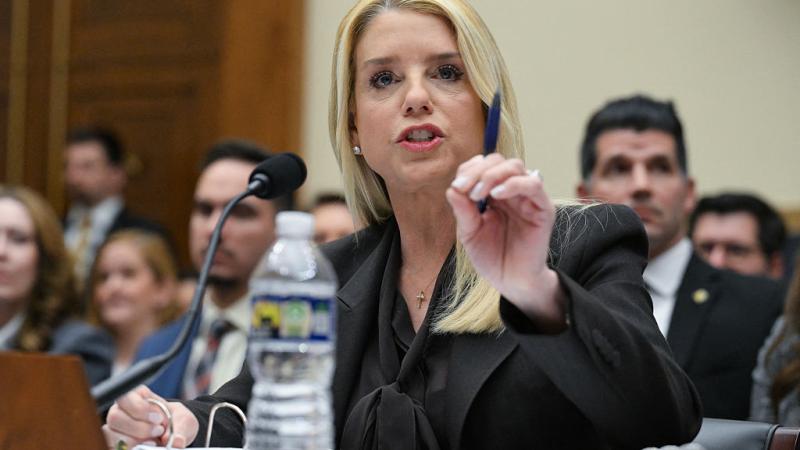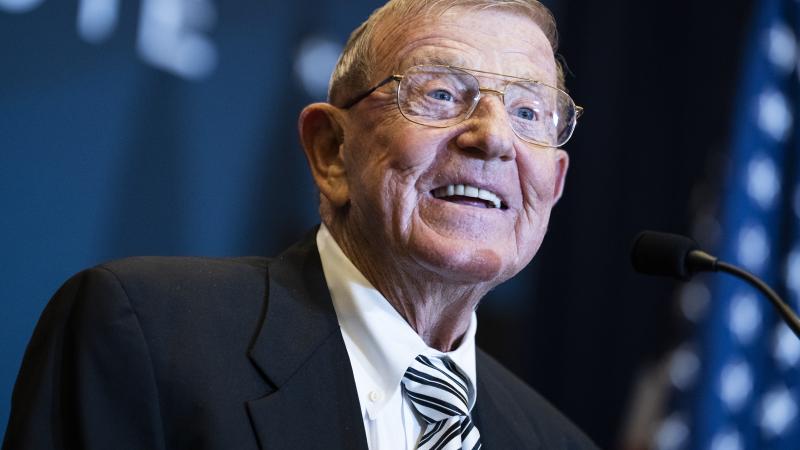Navy commander removed from job year after SEAL candidate died during 'Hell Week'
Three Navy officers including the commander, Capt. Brian Drechsler, have so far not been directly blamed for the sailor's death.
Navy Capt. Brian Drechsler has been removed from his post in connection to the death of a Navy SEAL candidate last year.
Candidate Kyle Mullen collapsed and died from acute pneumonia in February 2022, in Coronado Beach, Calif., hours after completing the Hell Week part of the SEAL tryout.
Three Navy officers including Drechsler, commander of the Naval Special Warfare Center, are being relocated one year after received “non-punitive” letters following Mullen's death.
They are not directly blamed for his death, but Drechsler issued a statement making clear the move was related.
"It is crucial that we maintain the momentum we have made to improve our training, safety, and medical oversight while balancing the need to forge the world’s greatest warriors," said Drechsler in a message to his command obtained by The Associated Press.
Drechsler, who was removed from his post two months before his planned retirement, will now serve as a special assistant at Naval Special Warfare command.
Further investigation will determine whether a harsher punishment is necessary for Drechsler.
The death has raised awareness of the brutal Hell Week test that candidates must pass and that pushes them to extremes.
The tryout aims to test physical endurance, pain, cold-ocean tolerance and mental toughness.
Over a five-and-a half-day period, candidates conduct basic underwater demolition, survival and other combat tactics all while running on fewer than four hours of sleep.
"Students perform evolutions that require them to think, lead, make sound decisions, and functionally operate when they are extremely sleep-deprived, approaching hypothermia, and even hallucinating" states the Navy SEALS site.
The test is so grueling, only 25% of SEAL candidates finish Hell Week to completion.
“While trainees get plenty to eat, some are so fatigued that they fall asleep in their food,” wrote the Navy Seals.
Officials told ABC NEWS the change was done to bring in new leadership, and not due to wrongdoings.
The two other officers who received non-punitive letters are Capt. Brad Geary, commanding officer of Naval Special Warefare’s Basic Training Command, and a senior medical officer, whose name is not disclosed.
An investigation found that Mullen's death was "in the line of duty, not due to his own misconduct."
He had an enlarged heart, which contributed to his death.
Since Mullen's death, the Naval Special Warfare has reexamined all aspects of its training programs. SEAL candidates now receive advanced cardiology screening for heart problems, pneumonia prevention shots, more medical screening at the end of the week, increased training for instructors and more oversight regarding performance enhancing drugs.
During Hell Week, Mullen went to Navy medical personnel for pain and swelling in his legs, particularly his right knee. He reported shortness of breath, and other SEAL candidates told investigators that they saw him coughing up yellow fluids.
Medical professionals gave him oxygen twice during the last morning of the week. After the test ended, medical checks found his lungs sounded abnormal. Mullen returned to the barracks in a wheelchair due to swelling and chafing, according to the investigation.
His condition worsened, but the candidate officer in charge waited 90 minutes to call 911. He was then taken to the hospital where he died.
















